In the morning, we had class in the African Lodge, where Becky McCann gave us an information-packed session on plant pathology. If you garden at all, you'll encounter some sort of problem with any number of your plants. Some problems are caused by you and some are not, but it's good to recognize them for what they are so you can take action to correct them. I sure recognized a few - powdery mildew, vascular wilt, rust, and blight.
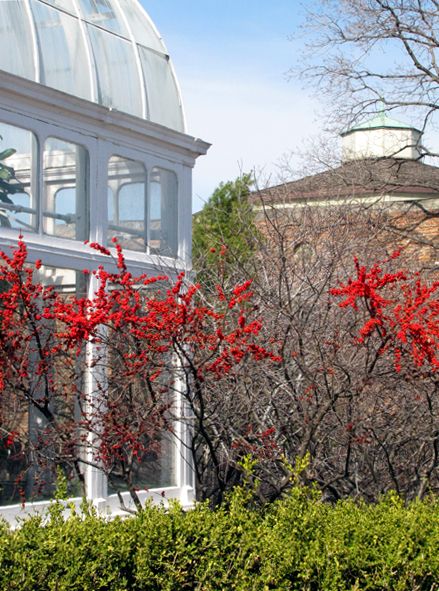 We took a break at noon for lunch, which we always bring on our own. The day was so wonderful - sunny and mid-60s - that we ate outside, in front of the conservatory.
We took a break at noon for lunch, which we always bring on our own. The day was so wonderful - sunny and mid-60s - that we ate outside, in front of the conservatory.The Ziems Conservatory was built in 1904 and while small, is beautiful and filled with some of the healthiest plants I've ever seen in such a setting. I remarked to our tour guide later that I was so surprised to not see even one insect. I'm sure they're there, but they sure don't seem to have a problem with any. I noticed this throughout the greenhouse, too.
Brazilian Candles (Pavonia multiflora)
The afternoon class was about house plants and plant propagation...
...but before we learned about propagation, we were given a tour of the greenhouse facilities.
Dale explained how they overwinter many of the plants used throughout the zoo property in the summer, as well as growing their own annuals, mainly by propagating them from cuttings.
Seedlings are propagated in perlite.
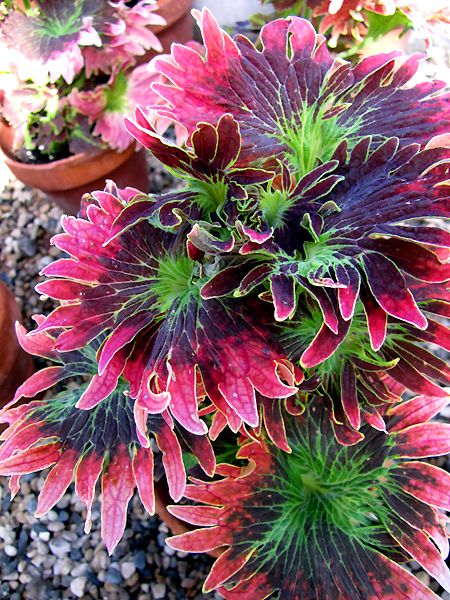
They grow hundreds of Coleus (Solenostemon scutellarioides) from cuttings taken from the previous year's plants. My favorite of all of them was 'Tilt-a-Whirl."
After the propagation demonstration, several of us received Watermelon Peperomia (Peperomia argyreia) leaves to take home to try and propagate a plant from them. It's supposed to be one of the easiest to grow using the cut leaf method. I hope so, because I think it's a beautiful plant.
Peperomia argyreia on the right
We were also given a box of bone meal to use on our plants at home. While I've enjoyed all of our Master Gardener classes, I like this one best of all, so far. I want to come back in the summer to see the gardens that are on the zoo grounds (herb, rose, formal, butterfly) when they're in full bloom.







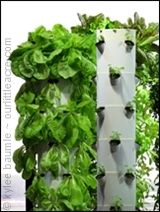
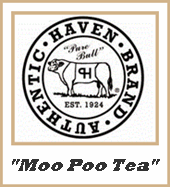

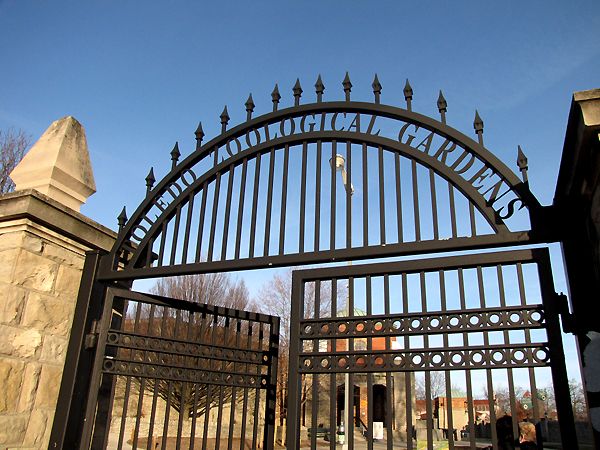
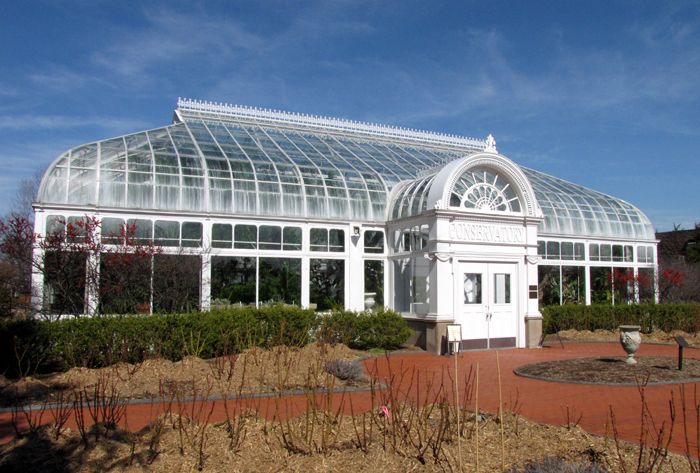
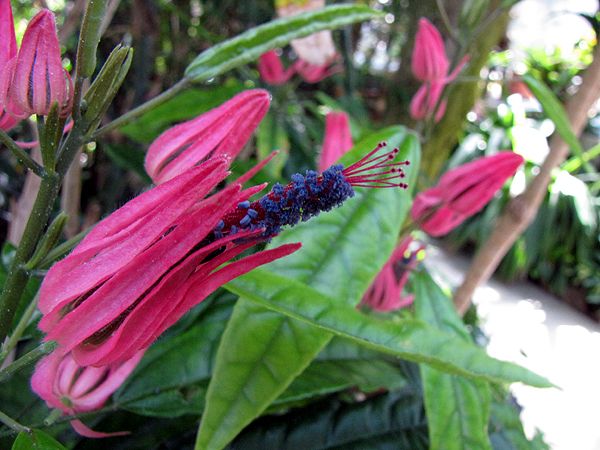
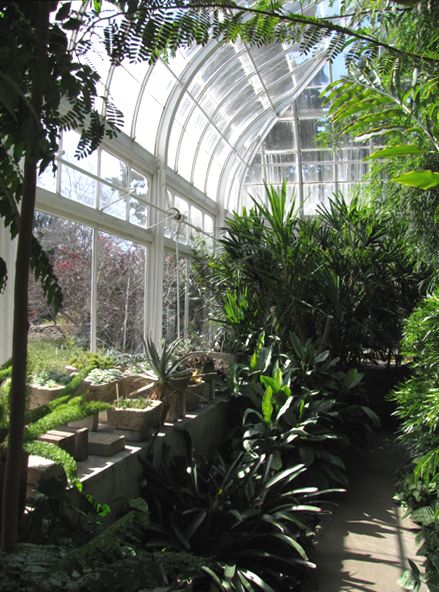
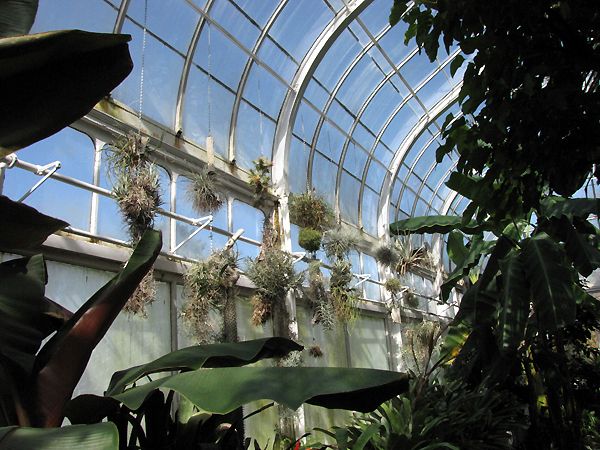
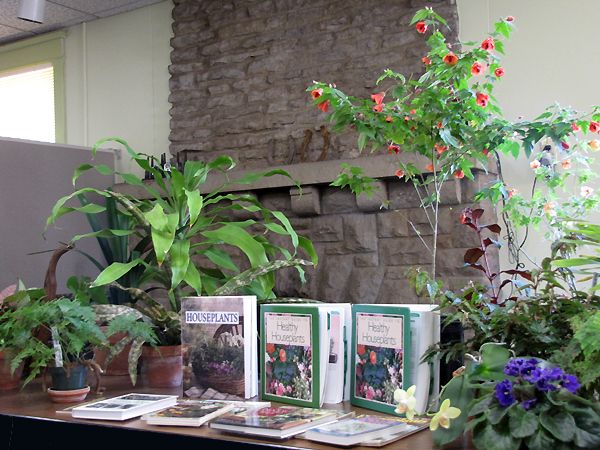

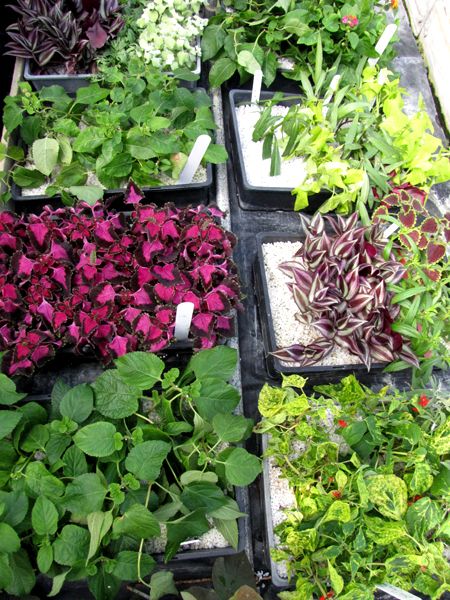

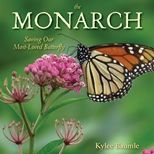





 "Bejeweled"
"Bejeweled"



2 comments:
I love the classes about gardening gone wrong the best. Plant pathology and pests have been my favorite subjects so far because they're the ones that seem the most useful to me and others.
What a beautiful conservatory. The son "It's all happening at the zoo" came to mind when I read this post. Ican't remember the name of the song but the chorus is true. It is all happening at the zoo.
Post a Comment